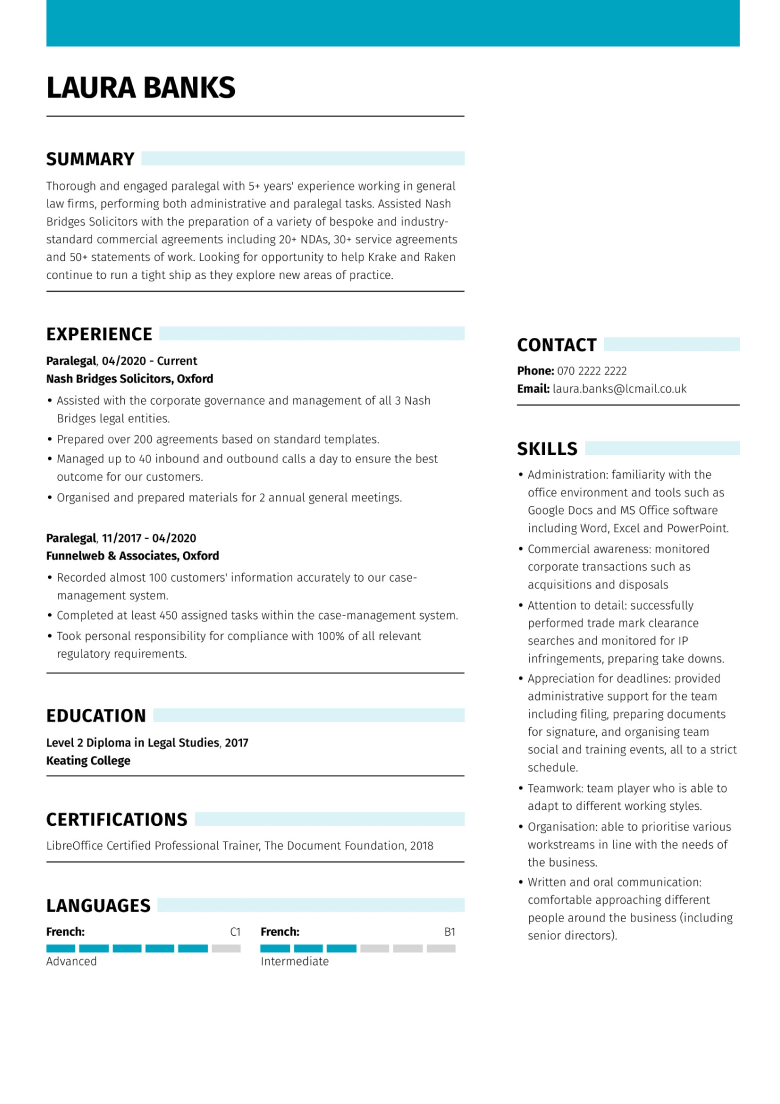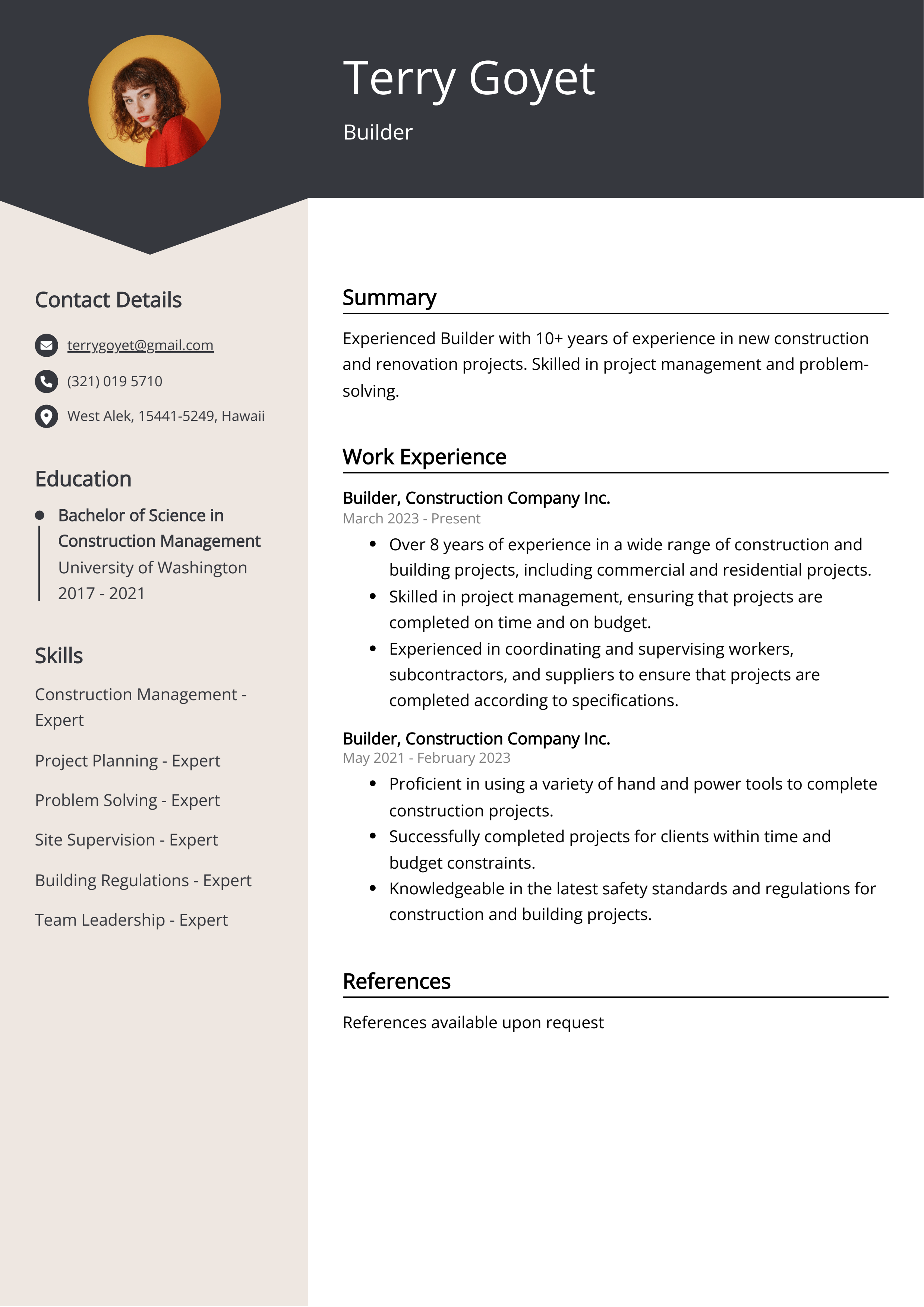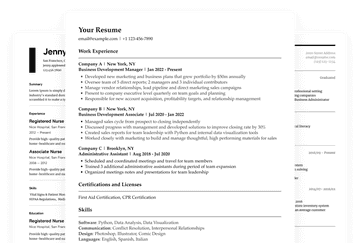Ignore this Outdated Career Advice (and what to Do Instead).
페이지 정보

본문

When it comes to landing-and holding onto-a job nowadays, much of the standard knowledge you learned maturing has actually been rendered unimportant. Forget the recommendations that you need to keep your individual and expert lives completely different; what's the protocol for following your manager back on Instagram?
I'm hesitant to engage with the generational fight that pits Baby Boomers versus Millennials versus the growing force of Gen Z in the workplace. (I deliberately left out Gen X, because getting ignored is Gen X's whole thing.) Still, it's hard to take expert suggestions from someone who began their career from a classified ad in a newspaper and a company handshake.

So, what profession pointers stand the test of time, and what needs to be laid to rest? Toni Frana, profession services manager at FlexJobs and Remote.co, tells Lifehacker some of the most outdated recommendations their career coaching team keeps seeing around.
Outdated: Always compose your resume and cover letter utilizing official language
This is a challenging one. While you should always proofread your application products for spelling and grammar, the same-old "to whom it may concern" language doesn't you stick out as an applicant.
Updated: Cater your language to the business
As you investigate a business and its culture, attempt to align your resume and cover letter accordingly. Frana recommends that as you write your cover letter and resume, "use language that matches the tone and voice of the company or market you're applying to, which, in turn, helps demonstrate that you're an excellent suitable for the company." For instance, excessively formal language could be a turn-off for a scrappy start-up. On the other hand, do not run the risk of breaking jokes in a cover letter to a group that clearly takes itself seriously.
Outdated: Bouncing from job to job looks bad
You may have heard that "task hopping" will ruin your resume. While older generations could rely on remaining at the very same business for decades, millennials and Gen Z aren't facing that exact same warranty. Frana states that "remaining in a task that makes you miserable does neither you nor the company any good."
Updated: Make the gig economy work for you
Don't be scared to reboot your job search if you find yourself in a bad fit. According to Frana and her career-coaching team, "individuals that hop from job to job or even career to career are no longer seen with suspicion." If you are leaping around, make certain you can describe your thinking in your next interview. Even better, make sure you can describe why your range of gigs will benefit your future company.
Outdated: When your job interviewer asks about your weak points, provide a strength
The concept of always spinning your weaknesses into strengths is a long-running punchline. "My biggest weak point, you ask? That I care too much. That I'm a perfectionist. That I work too difficult ..."
Frana explains that while this sounds like a great concept in theory, in practice, it doesn't in fact work: "There's an opportunity you'll encounter as big-headed or doing not have self-awareness about your true weaknesses." Give your interviewer some credit when it pertains to detecting your B.S.
Updated: Be truthful and ready to improve
Bringing up your weak points in a task interview sounds like a disaster, however you can make it work for you. "Acknowledging that you have a weakness and understand it goes a long method toward revealing the hiring supervisor you are willing to examine what you're good and bad at," Frana states.
When you're preparing for your interview, put in the time to come up with an answer to the well-known "greatest weak point" question. Your answer needs to honestly acknowledge a weakness, and after that immediately move onto all the ways you're working to conquer it.
Outdated: Keep all your social networks private
Whether or not you want your boss to follow you on social media, it's impractical for many of us to keep our private lives totally separate from our work personalities. A number of us even consider our colleagues to be friends, and it feels like old-fashioned cubicle-logic to pretend like you do not have a life beyond work.
Updated: It's OK to be a person
As long as you're comfortable, it's generally OK to engage with your colleagues across social networks. Obviously you 'd be crossing the line by tweeting nasty remarks about a colleague, or posting beach photos when you said you were ill, or anything else that compromises your stability as a worker. Don't be stunned if you face effects at work for that sort of online behavior. Otherwise, don't be afraid to like your manager's tweets. In fact, social networks can help advise your group that you're a multi-dimensional human in and out of your workplace.
Conventional advice that Gen Z ought to still stick to

There are for professionalism that are classic, and most of these come down to regard. Gen Z are normally more brave around critiquing their office (which I think is a favorable cultural shift), however there are still standards for staying civil.
For example, Frana brings up the so-called "fantastic resignation" and the pattern of some staff members abruptly left their existing functions in what has actually been described as "rage-quitting." Frana states that "it's always much better to leave on good terms-even when you 'dislike' your boss or disagree with your employer." Frana goes on: "While you're searching for a brand-new task, try to manage your scenario as best as you can and focus your efforts on producing a profession search action plan. There's really something to be said about taking the high roadway and functioning as level-headed and elegant as you can be." Channel your resentment from your last job into motivation for your new one.
- 이전글FUTO 25.07.21
- 다음글CompleteSports: The Canvas of Nigerian Sport 25.07.19
댓글목록
등록된 댓글이 없습니다.